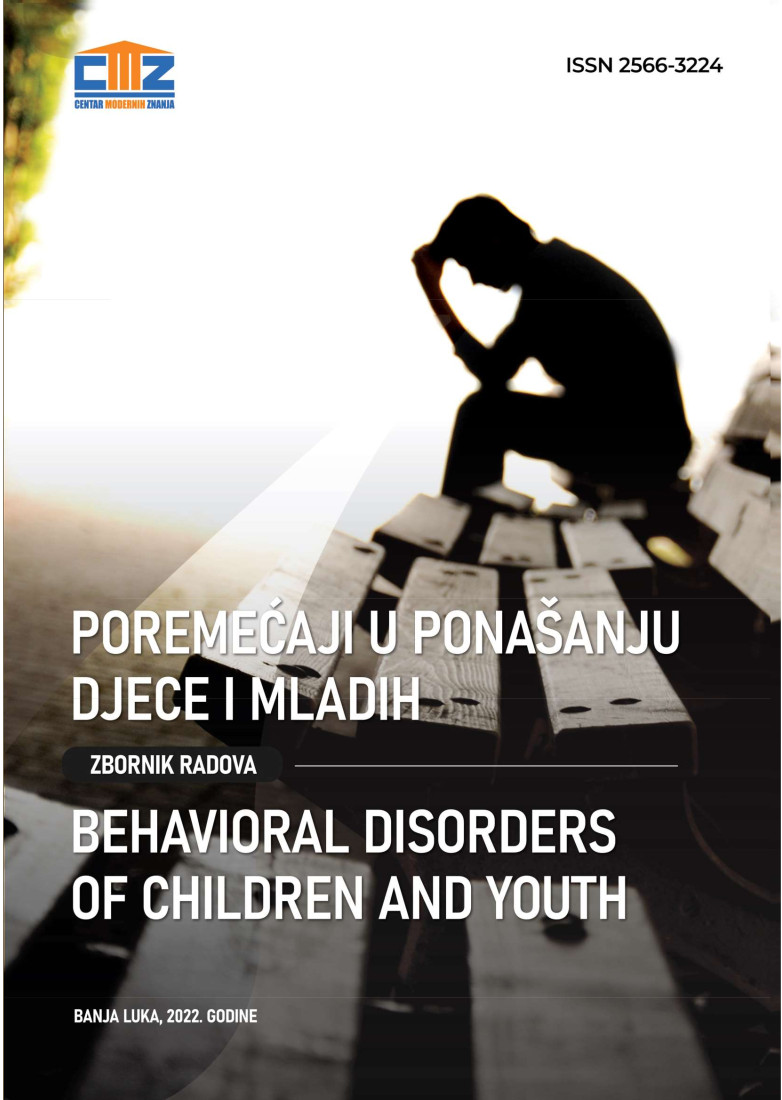HRANITELJSTVO KAO ALTERNATIVNI OBLIK ZBRINJAVANJA DJECE BEZ RODITELJSKOG STARANJA – IZAZOVI PRAKSE
FOSTER CARE AS AN ALTERNATIVE FORM OF CARE FOR CHILDREN WITHOUT PARENTAL CARE - CHALLENGES OF PRACTICE
Author(s): Lejla Osmić, Alma HadžićSubject(s): Psychology, Sociology, Family and social welfare
Published by: CENTAR MODERNIH ZNANJA
Keywords: children without parental care; alternative care; fostering;
Summary/Abstract: Stimulating conditions of the family environment, a community in which fundamental human values are taught and learned, are an imperative of every educational activity aiming to provide children with the possibility of their optimal growth and development. In this sense, parents have a primary responsibility and an irreplaceable role in the child’s life. However, there are many cases where children are exposed to various forms of intolerance, fear, pain, continuous quarrels or unfavorable living conditions due to the low socio-economic status of the family. This is a sufficient reason for alternative care of children, and exclusion of the child from his biological family and placement in the alternative care. Alternative forms of care include foster care, adoption and placement in appropriate child care institutions, and the decision on the form of alternative care depends on several factors. However, the most important one refers to the principle of the best interests of each child individually during the entire decision-making process. Based on numerous studies, foster care as an alternative form of care respects the best interests of the child and, accordingly, is preferred and recommended in relation to other institutional care. The aim of this paper is to present the basic characteristics of foster care as an alternative form of care, its formal establishment in legislation and experience in implementation. For this purpose, a descriptive – analytical method was used and key actors involved in the decision-making process and relocation to the foster family were interviewed to examine their experiences. The paper represents a kind of contribution to the consideration of the theory and practice of foster care as an alternative form of care in the best interest of the child.
Journal: DRUŠTVENE DEVIJACIJE
- Issue Year: VII/2022
- Issue No: 7
- Page Range: 611-618
- Page Count: 8
- Language: Bosnian, Croatian, Serbian

